'Shambolic' Cumbria house building a burden on infrastructure
- Published
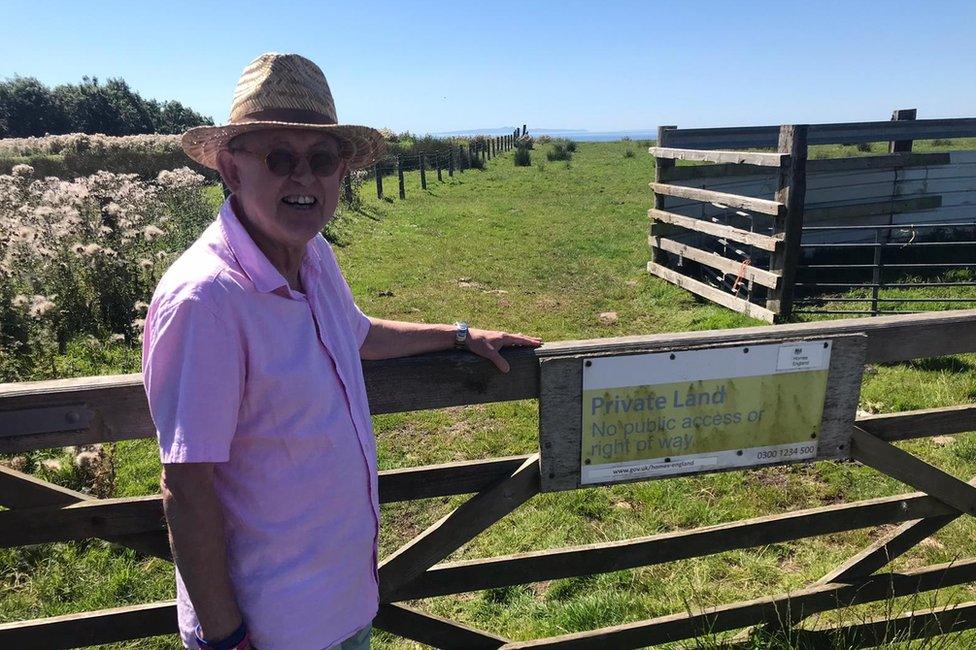
Councillor Graham Roberts wants house building paused until the new local plan is in place
"Shambolic" planning is leading to hundreds of homes being built in Cumbria without the infrastructure to support them, a councillor has warned.
Concerns have been raised about developments putting pressure on roads, schools, GP surgeries and dentists.
Developers have rejected this, saying they always ensure the necessary infrastructure is in place.
Conservative councillor Graham Roberts said: "You can't just plonk homes anywhere."
Mr Roberts, who represents Bransty in Copeland for Cumbria County Council, accepted houses were needed but said there should be "an organised, arranged plan".
He said Copeland Borough Council's official local plan, which is supposed to identify housing need and location, was out of date.
"We can't go on this shambolic way," he said.
"We need to find out what the demand is and also we need to find out where to place these houses sensibly and not cause a legacy of mayhem for future generations."
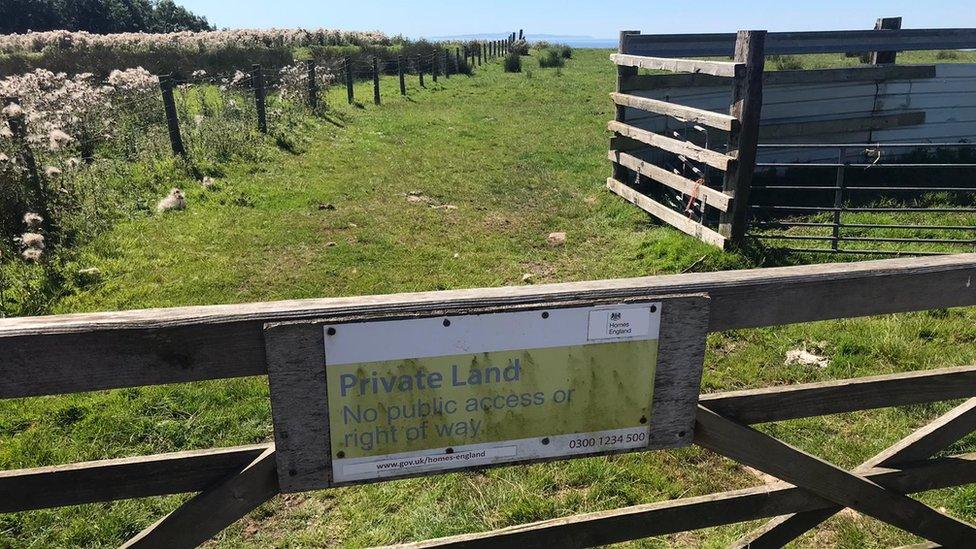
Copeland Council had been recommended to approve plans for 370 houses at Harras Moor in Whitehaven
Moresby Park resident Eric Musgrave said the council was not protecting greenfield sites or acknowledging objections.
"They're just travelling gung-ho into creating as many developments and giving the green light for as many developers in Copeland as they want," he said.
"They're not actually giving them due care and consideration."
The authority said it was drawing up a new local plan and had identified a need for 146 new homes per year, with a total of 2,482 between 2021 and 2038.
The old local plan's target of 3,450 homes was to accommodate the housing needs linked to the construction of a nuclear power station at Moorside, it said.
About 1,500 homes currently had planning permission, meaning its new target would be met or possibly exceeded, a spokesman added.
Unaffordable executive homes
Mr Roberts' ward is in Whitehaven where councillors on Tuesday rejected a planning application for 370 homes on land at Harras Moor.
Homes England, the government's housing agency, submitted adjusted plans after its original application was refused.
Copeland officials had recommended councillors approve the scheme with a series of conditions, including a legal agreement requiring 15% of the development to be affordable housing.
Mr Roberts accepted the area needed affordable homes but was concerned most of the development would be unaffordable "executive homes".
Homes England said it had plans "to ensure that supporting infrastructure is in place and that impacts of the scheme can be mitigated appropriately".
A spokesperson said the scheme would provide "biodiversity enhancements", a contribution to local sporting facilities and open public space, and that traffic and flooding concerns had been addressed.

Follow BBC North East & Cumbria on Twitter, external, Facebook, external and Instagram, external. Send your story ideas to northeastandcumbria@bbc.co.uk, external.
- Published27 April 2022
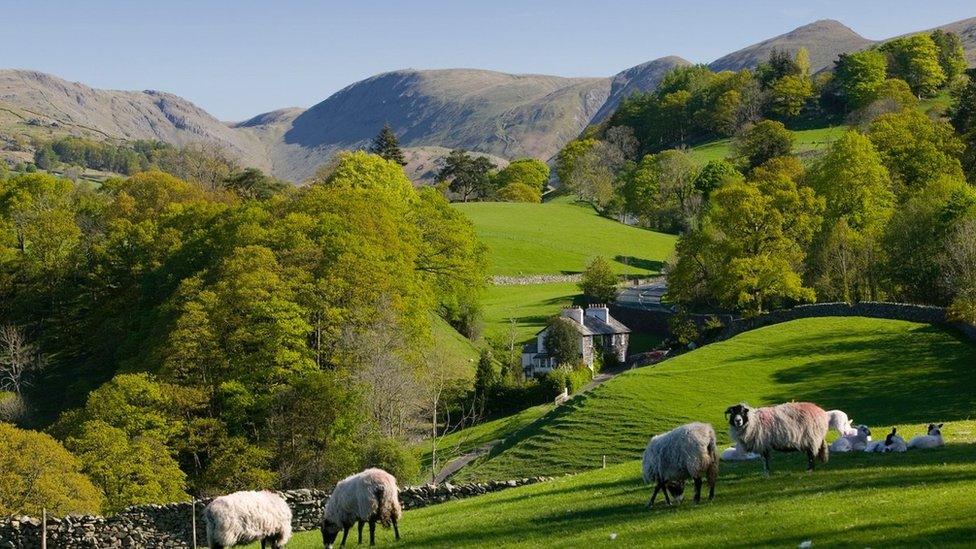
- Published2 August 2024
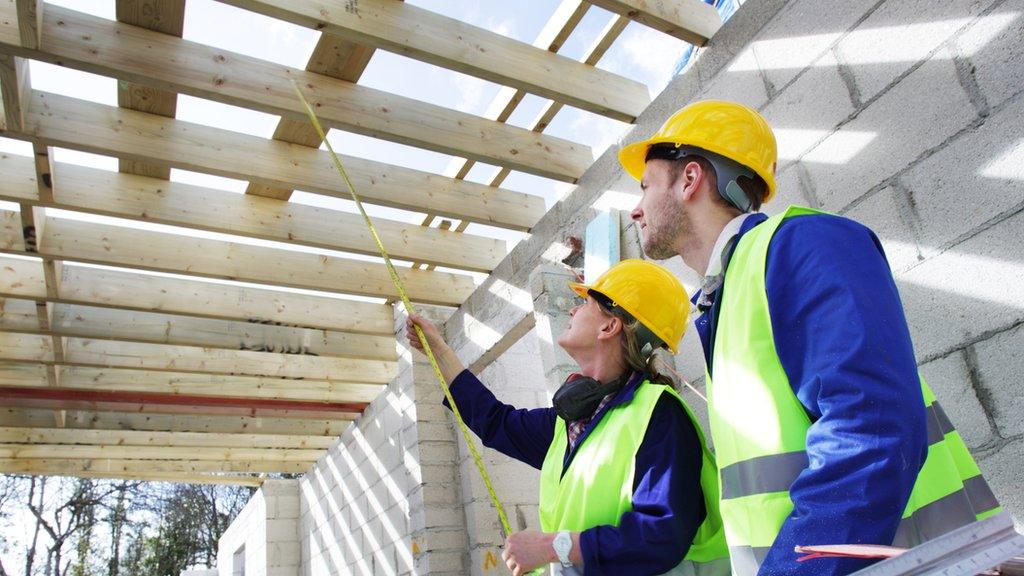
- Published14 February 2019
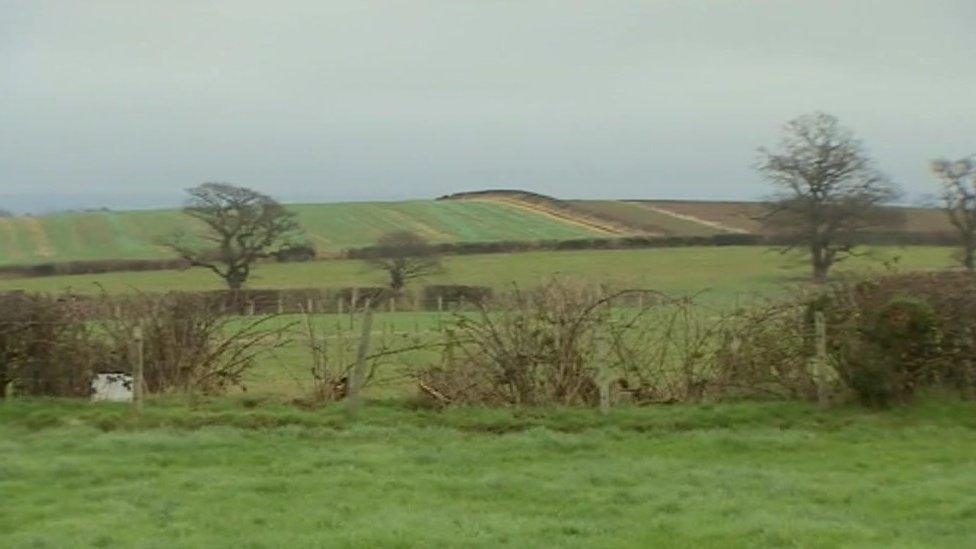
- Published7 March 2013
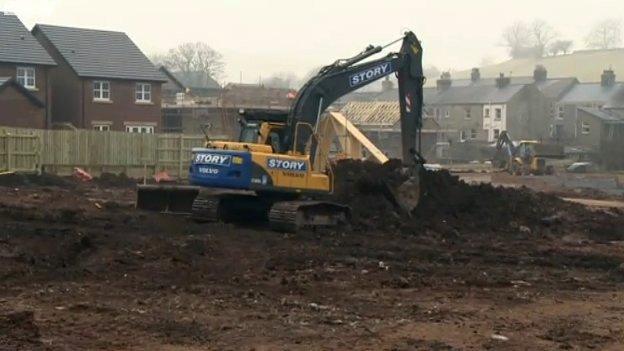
- Published22 September 2011
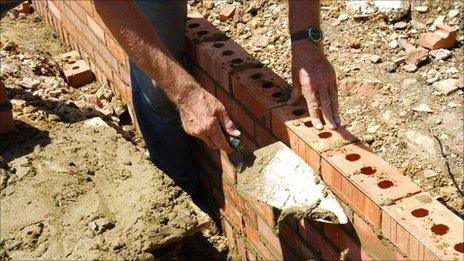
- Published14 September 2011
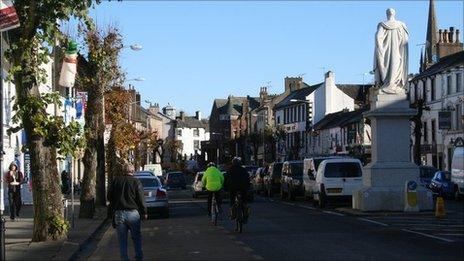
- Published23 September 2011